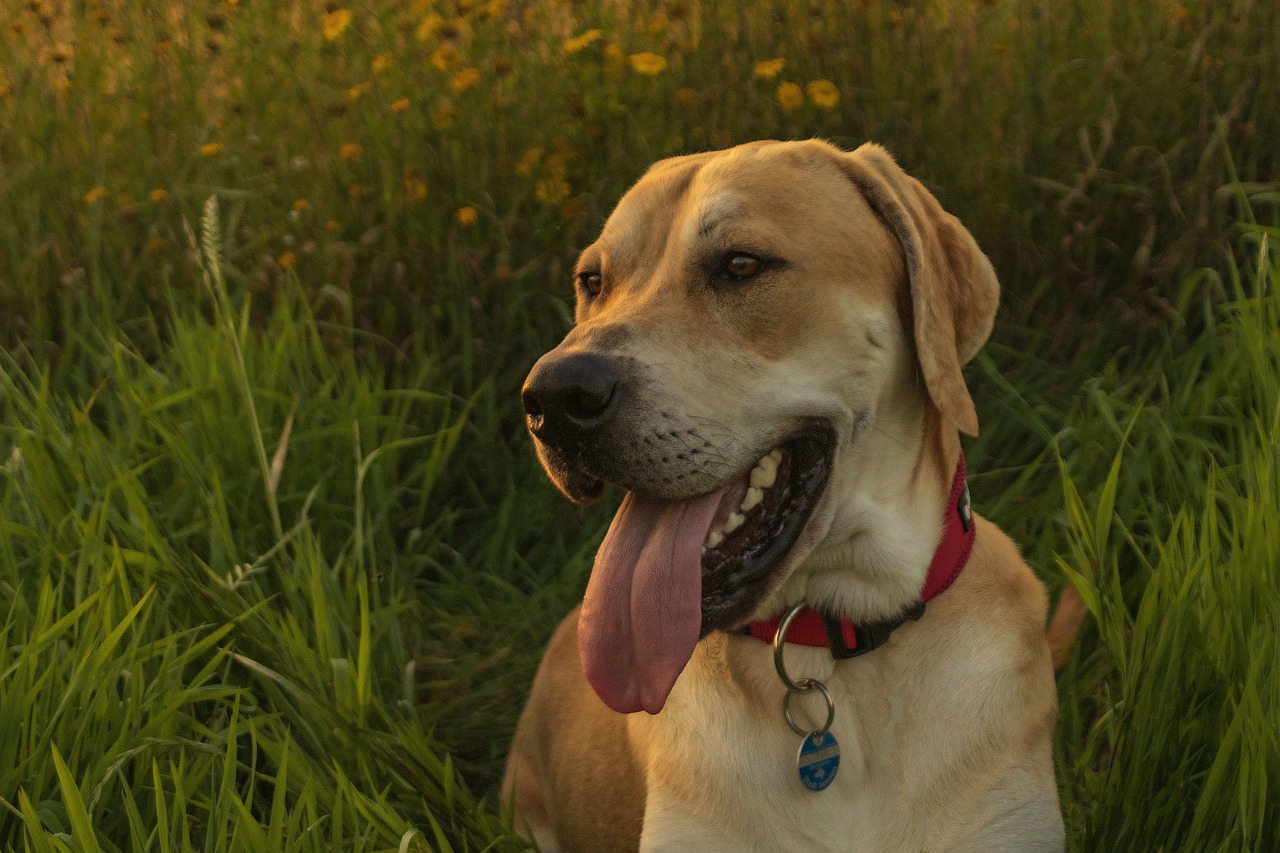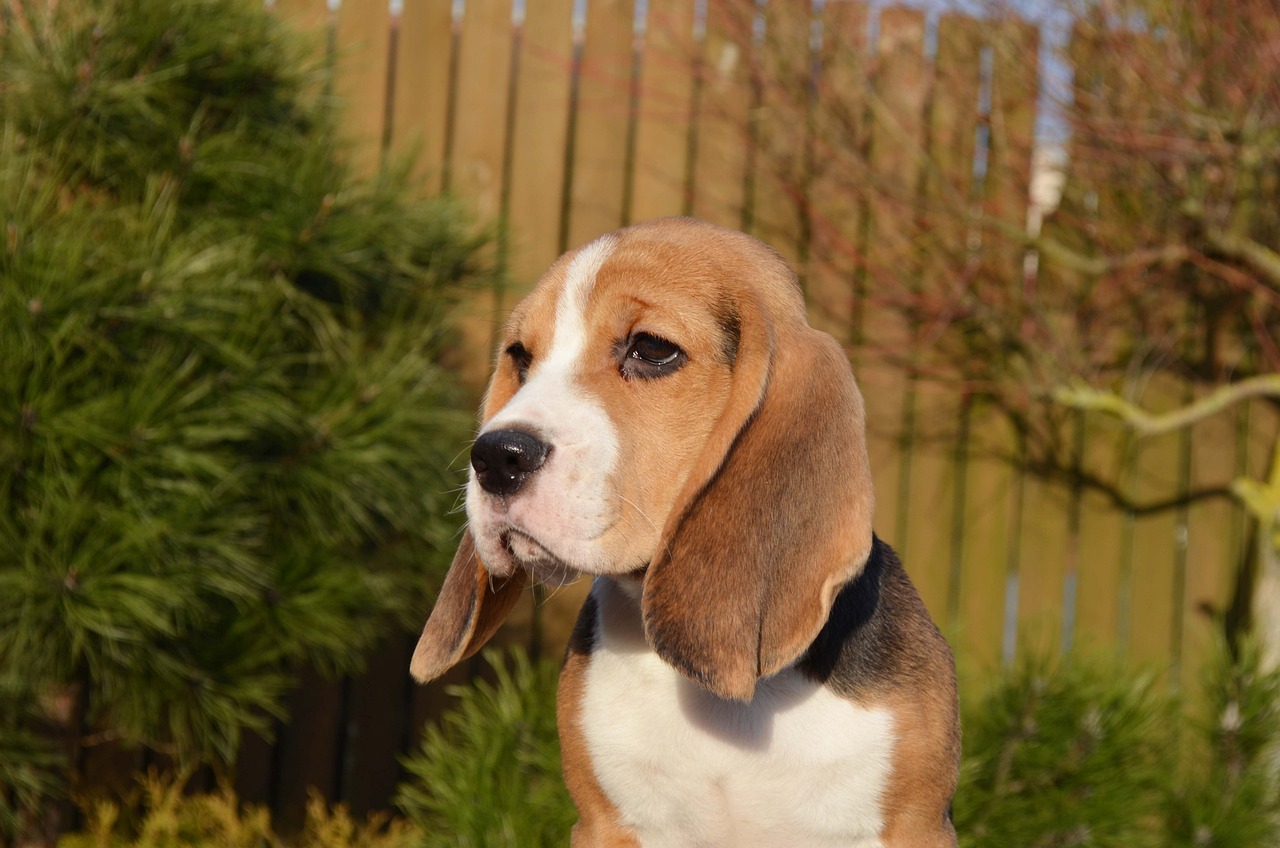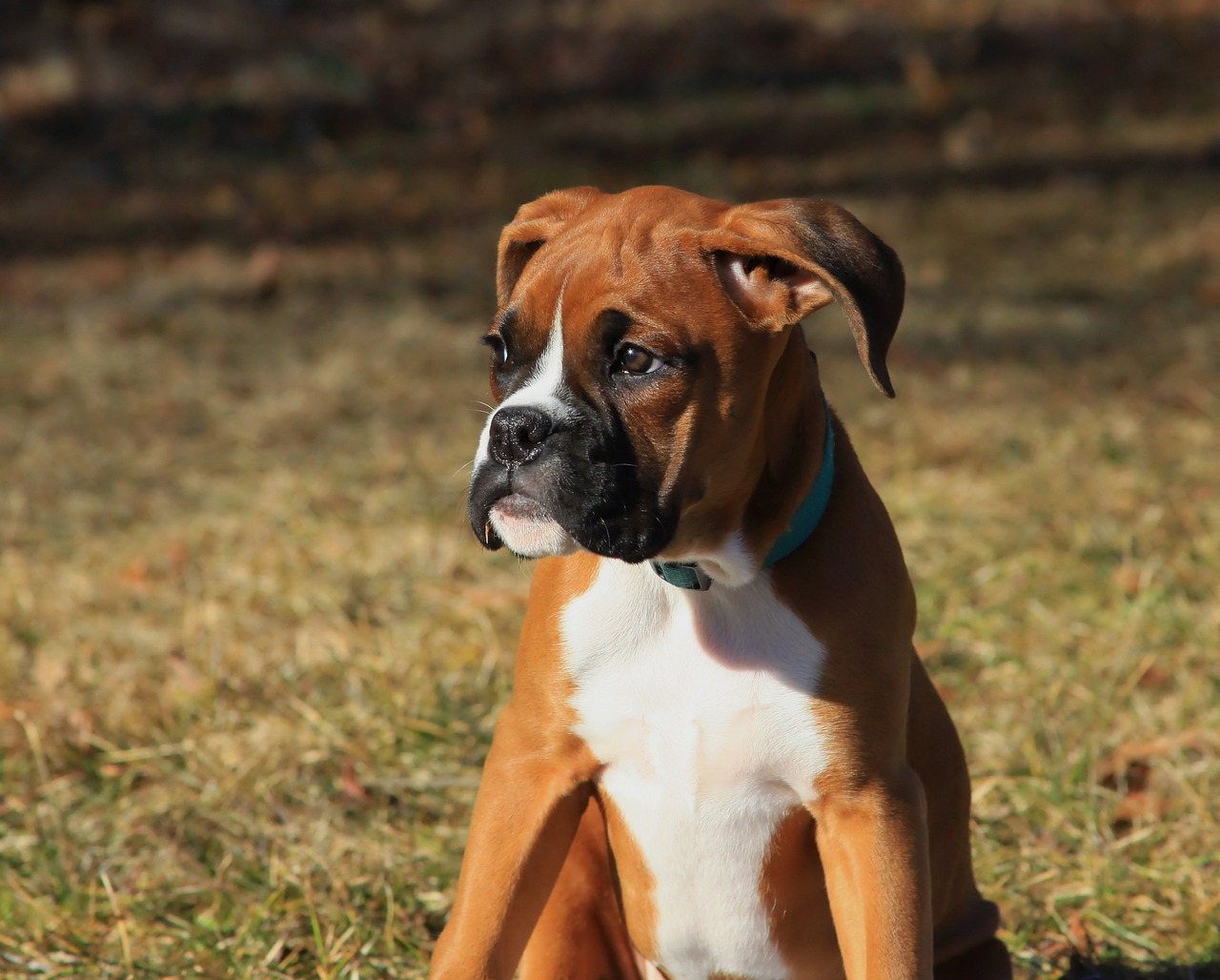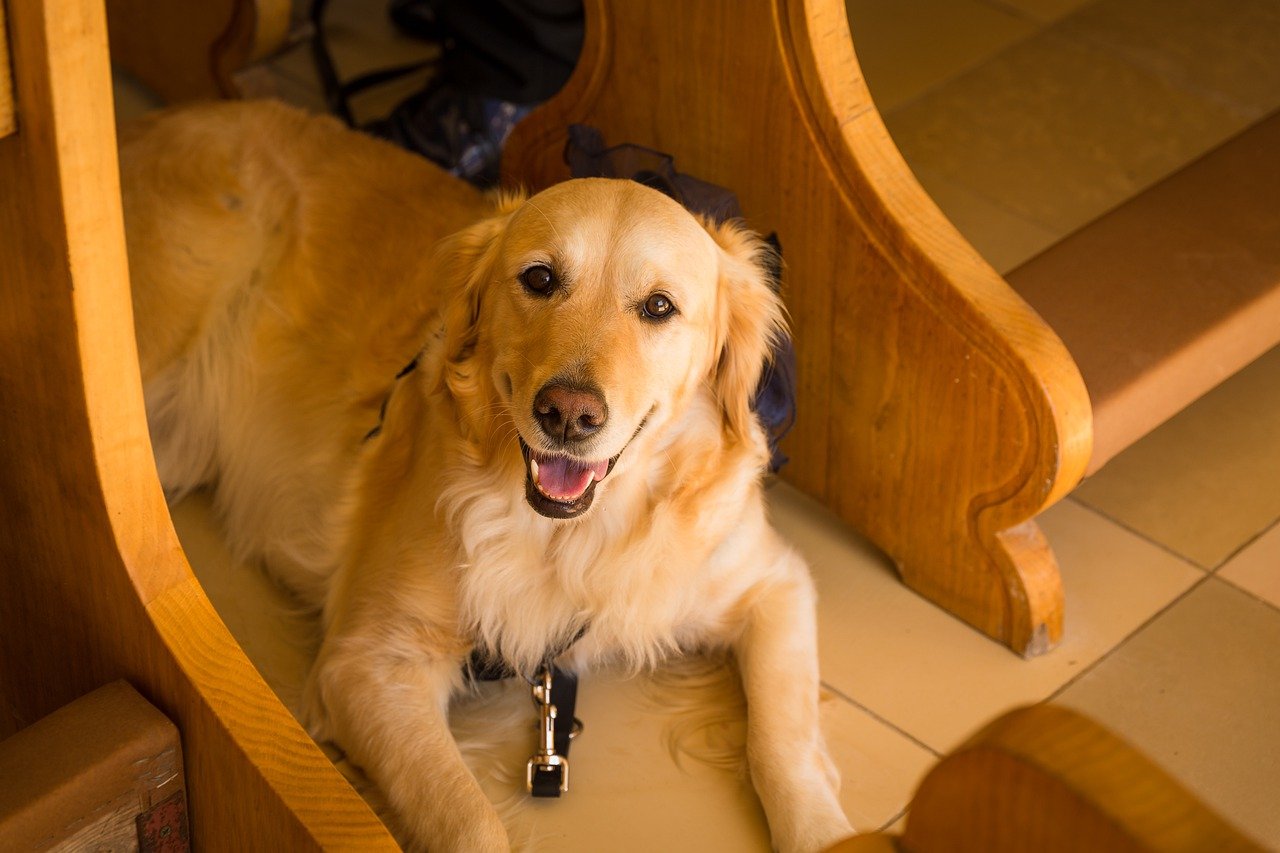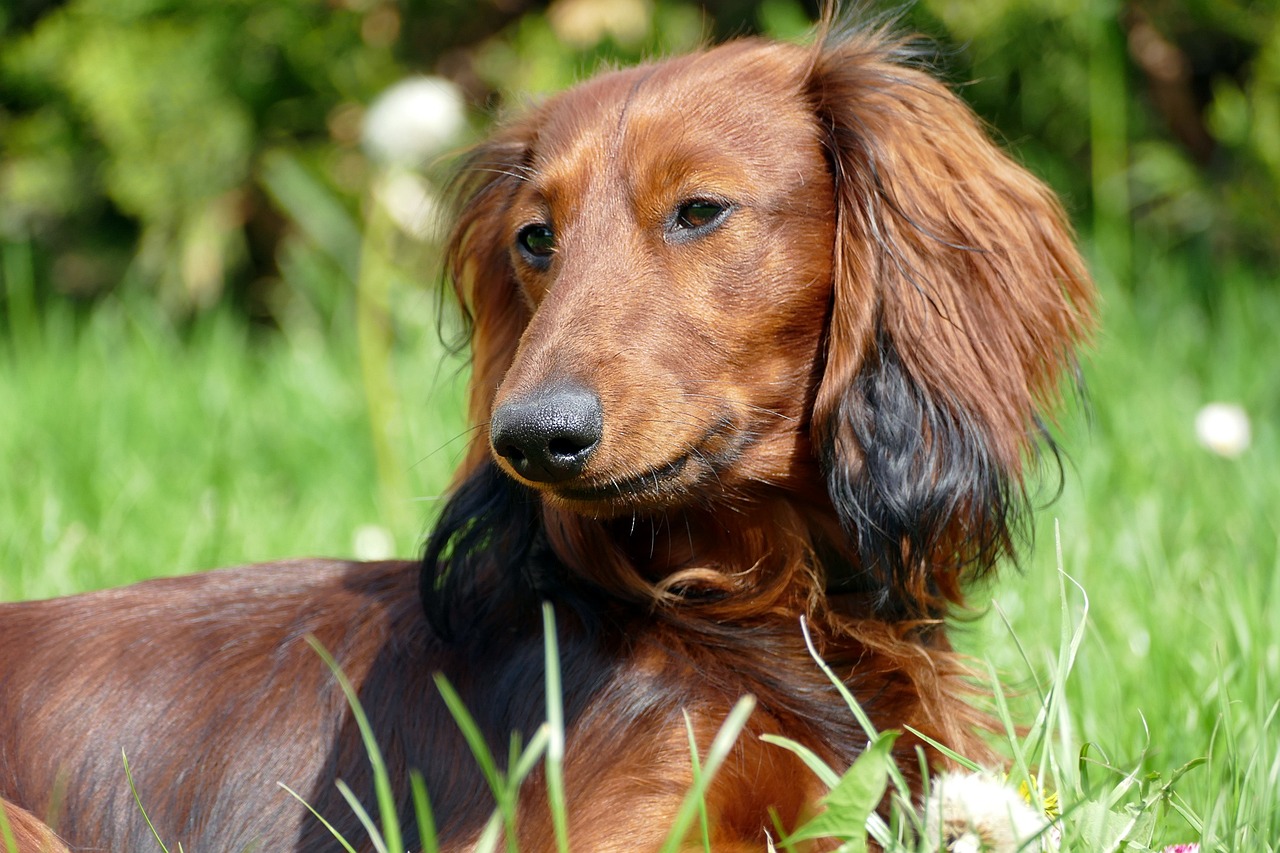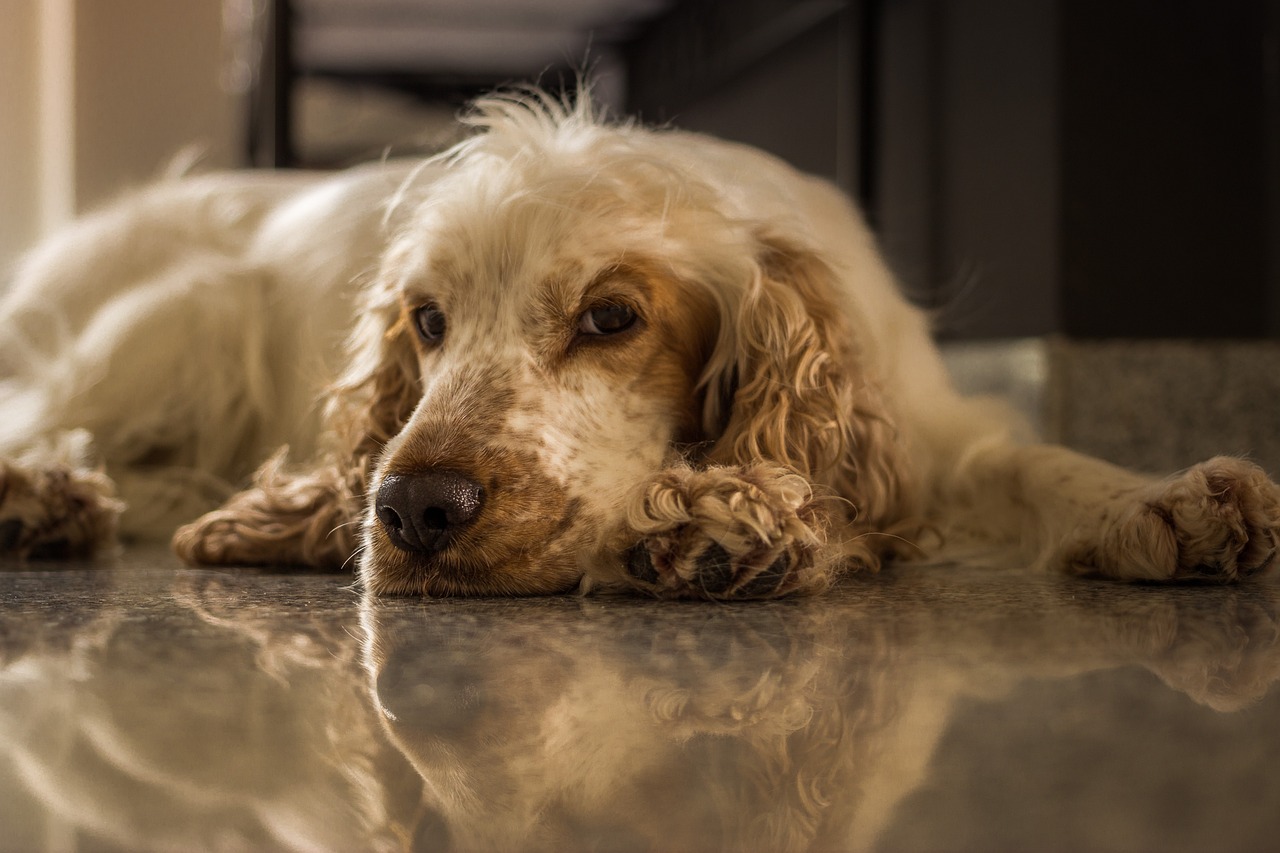[ad_1]
The behavior of consuming poop, scientifically often known as coprophagy, is a considerably widespread however usually misunderstood conduct in canine. Whereas it could be unsettling for pet house owners, this conduct may be noticed throughout numerous canine breeds for various causes, starting from dietary deficiencies to behavioral points. Sure breeds could also be extra inclined in the direction of coprophagy as a consequence of their genetic make-up, historic breeding functions, and even their normal curiosity and consuming habits. On this article, we discover the highest 10 canine breeds which are most recognized for consuming their poop. Understanding why every breed may be predisposed to this conduct might help house owners successfully deal with and handle it, making certain the well being and well-being of their furry companions.
1. Labrador Retriever
Labrador Retrievers, recognized for his or her voracious appetites, are sometimes inclined in the direction of consuming their poop. Their robust meals motivation can generally lengthen to non-food gadgets, together with feces. This conduct in Labs could possibly be attributed to their historic background as working canine, the place they needed to scavenge for meals, main them to eat no matter they may discover. Labradors may interact in coprophagy out of boredom or if they aren’t receiving a nutritionally balanced food plan. Making certain they’ve a correct food plan and ample psychological and bodily stimulation might help curb this conduct.
2. Beagle
Beagles, with their eager sense of scent and scavenging instincts, are additionally vulnerable to poop-eating. Initially bred as looking canine, they’ve a pure tendency to discover with their noses, which might make them feces. This conduct may be pushed by curiosity or as a remnant of their scavenging instincts. Making certain Beagles are well-fed with a balanced food plan and retaining their atmosphere clear from fecal matter are efficient methods to discourage this conduct.
3. Basset Hound
Basset Hounds, much like Beagles, are scent hounds and may be inclined to eat poop as a consequence of their robust sense of scent and innate curiosity. Their low-to-the-ground stature additionally places them in nearer proximity to feces. Basset Hounds might interact in coprophagy out of boredom or if they’re looking for further vitamins. Offering a well-balanced food plan, common train, and retaining their atmosphere clear might help stop this conduct.
4. German Shepherd
German Shepherds might interact in coprophagy for numerous causes, together with dietary deficiencies, anxiousness, or as a realized conduct from their mom throughout puppyhood. As clever and energetic canine, they require ample psychological stimulation and a nutritionally full food plan. With out these, they could flip to consuming feces as a technique to complement their food plan or as a behavioral response to emphasize or boredom. Addressing their dietary wants and offering loads of psychological and bodily stimulation might help mitigate this behavior.
5. Boxer
Boxers are energetic and playful canine that will eat poop out of boredom or as a part of exploratory conduct. Their excessive vitality ranges require ample train and psychological engagement, and with out it, they could resort to undesirable behaviors like coprophagy. Making certain Boxers have a correct food plan and interesting them in common bodily actions and coaching might help cut back the incidence of poop consuming.
6. Shih Tzu
Shih Tzu may eat their poop as a consequence of dietary deficiencies or as a conduct realized throughout puppyhood. They will additionally interact on this conduct if they’re anxious or looking for consideration. Offering a balanced food plan, making certain they’ve a clear atmosphere, and addressing any underlying anxiousness or stress by behavioral coaching and environmental enrichment might help stop coprophagy.
7. Golden Retriever
Golden Retrievers are recognized for his or her pleasant and food-driven nature. This love for meals can generally make them eat feces, particularly if they aren’t getting sufficient vitamins from their common food plan. Moreover, Goldens might eat poop out of curiosity or boredom. Making certain they’ve a well-balanced food plan and are mentally and bodily stimulated might help curb this behavior.
8. Dachshund
Dachshunds might interact in coprophagy as a consequence of their innate looking instincts and curiosity. They have been bred to hunt and may even see feces as a possible supply of meals, particularly if they aren’t receiving ample diet. Offering a nutritious food plan and retaining their residing space clear might help stop this conduct.
9. Cocker Spaniel
Cocker Spaniels may eat poop if they’ve dietary deficiencies or as a technique to search consideration. They could additionally interact on this conduct as a consequence of stress or anxiousness. Making certain they obtain a balanced food plan, ample train, and a focus might help mitigate coprophagy. It’s additionally necessary to handle any underlying behavioral or anxiousness points.
10. Miniature Schnauzer
Miniature Schnauzers, with their excessive vitality and curiosity, might eat feces if bored or not correctly stimulated. They may additionally do that as a consequence of dietary insufficiencies. Feeding them a balanced food plan and offering loads of psychological and bodily stimulation are key to stopping this conduct.


In conclusion, whereas coprophagy generally is a distressing conduct for canine house owners, it’s a comparatively widespread situation throughout numerous breeds. The explanations behind this conduct can vary from dietary deficiencies to behavioral and instinctual elements. Understanding the precise wants and backgrounds of those breeds might help in successfully addressing and managing this conduct. Offering a nutritious food plan, making certain a clear residing atmosphere, and providing ample psychological and bodily stimulation are key methods in stopping coprophagy. If the conduct persists, consulting with a veterinarian or animal behaviorist can present additional steerage and assist.
[ad_2]
